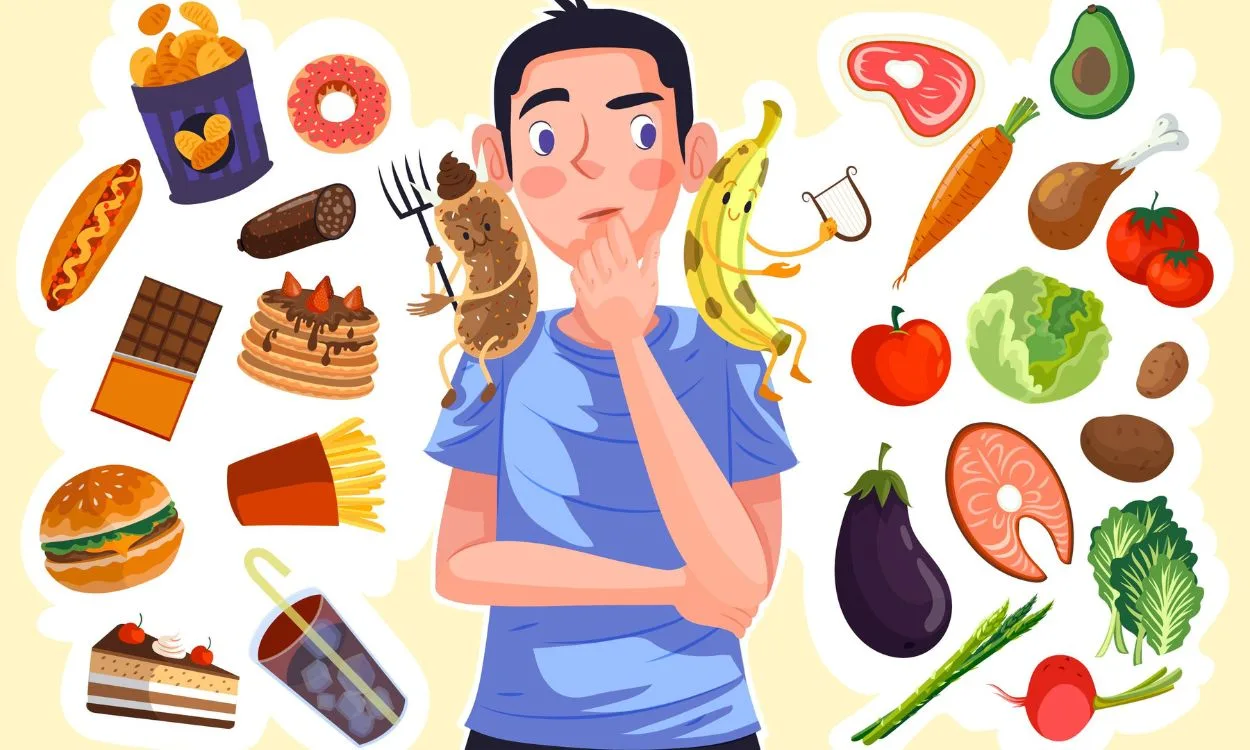How can I prevent emotional eating triggered by body image insecurities?
Introduction
Do you find yourself reaching for snacks or indulging in comfort food when you’re feeling down about your body image? Emotional eating triggered by body image insecurities is a common struggle that many people face. It can be a challenging cycle to break, but it is possible to develop healthy coping mechanisms and create a positive relationship with food and your body. In this article, we will explore some effective strategies to prevent emotional eating and promote a healthier mindset about body image.
Understanding emotional eating
Emotional eating refers to the act of using food as a way to suppress or cope with negative emotions, such as stress, anxiety, sadness, or low self-esteem. Body image insecurities often play a significant role in triggering emotional eating episodes. When you don’t feel good about your body, it can be tempting to turn to food for comfort or as a source of temporary relief.
Recognize your triggers
The first step in preventing emotional eating is to become aware of your triggers. Take some time to reflect on the situations, emotions, or thoughts that tend to lead to episodes of emotional eating. It could be feeling insecure after seeing a particular image or video on social media, receiving negative comments about your appearance, or comparing yourself to others. By identifying your triggers, you can develop strategies to address them head-on.
Cultivate a positive body image
Building a positive body image is essential for preventing emotional eating triggered by body image insecurities. Here are some strategies to help you develop a healthier mindset:
- Practice self-acceptance: Remember that your worth is not determined by your appearance. Focus on your unique qualities, skills, and achievements that make you who you are.
- Surround yourself with positive influences: Limit exposure to media that promotes unrealistic beauty standards. Follow body-positive influencers and surround yourself with people who support and uplift you.
- Practice self-care: Engage in activities that make you feel good about yourself, such as exercising, getting enough sleep, and practicing mindfulness or meditation. Taking care of your overall well-being can improve your body image and reduce the likelihood of emotional eating.
Find alternative coping mechanisms
Instead of turning to food for comfort, develop alternative coping mechanisms that can help you manage and process your emotions in a healthier way. Here are some ideas:
- Engage in physical activity: Exercise releases endorphins, which can boost your mood and reduce stress. Find a form of exercise that you enjoy, whether it’s dancing, yoga, or going for a walk in nature.
- Seek support: Reach out to friends, family, or a trusted therapist to talk about your feelings and insecurities. Sometimes, simply sharing your thoughts and emotions can provide relief and prevent emotional eating.
- Practice stress-management techniques: Explore stress-management techniques like deep breathing exercises, journaling, or engaging in hobbies that help you relax and unwind.
Create a balanced and mindful eating routine
Developing a balanced and mindful eating routine can help you maintain a healthy relationship with food and prevent emotional eating. Consider the following practices:
- Eat regular meals: Establish a routine by eating three balanced meals a day. Regular meals can help stabilize your blood sugar levels and reduce the likelihood of impulsive eating.
- Practice mindful eating: Slow down and pay attention to the sensory experience of eating. Chew your food thoroughly and savor each bite. This can help you become more attuned to your body’s hunger and fullness cues.
- Include a variety of foods: Focus on nourishing your body with a balanced diet that includes a variety of fruits, vegetables, whole grains, lean proteins, and healthy fats. Avoid restrictive diets or labeling foods as “good” or “bad.”
The Fitpaa approach
If you’re looking for additional support and guidance in developing a healthy relationship with food and your body, the Fitpaa app can be a valuable tool. Fitpaa offers personalized fitness plans, nutrition guidance, and real-time support to help you achieve your health and fitness goals in a sustainable way.
With Fitpaa, you can benefit from:
- Personalized Fitpaa Capsule: Based on your metabolism, health goals, and lifestyle, Fitpaa’s experts will create a personalized plan consisting of medical therapy, exercise therapy, nutrition therapy, and cognitive behavioral therapy.
- Real-time guidance: Fitpaa’s app provides real-time guidance and reminders to help you stay on track with your health and fitness goals. It incorporates techniques from cognitive behavioral therapy to help you develop healthy habits and stay motivated.
- Support from a team of experts: Fitpaa provides access to a team of fitness planners, nutritionists, fitness trainers, and doctors who will regularly review your progress and make adjustments to your plan as needed.
Conclusion
Preventing emotional eating triggered by body image insecurities is a journey that requires self-reflection, self-acceptance, and the development of healthy coping mechanisms. By cultivating a positive body image, finding alternative ways to cope with emotions, and creating a balanced and mindful eating routine, you can break the cycle of emotional eating.
If you’re seeking additional support and guidance in your journey towards a healthier relationship with food and your body, consider downloading the Fitpaa app. Fitpaa’s personalized approach and comprehensive support can help you achieve your health and fitness goals while promoting long-term well-being.
Remember, you deserve to feel confident and at peace with your body. Start your journey towards a healthier mindset today!
Download the Fitpaa app to take control of your health and fitness goals with personalized support and guaranteed results. Your well-being is our mission!









